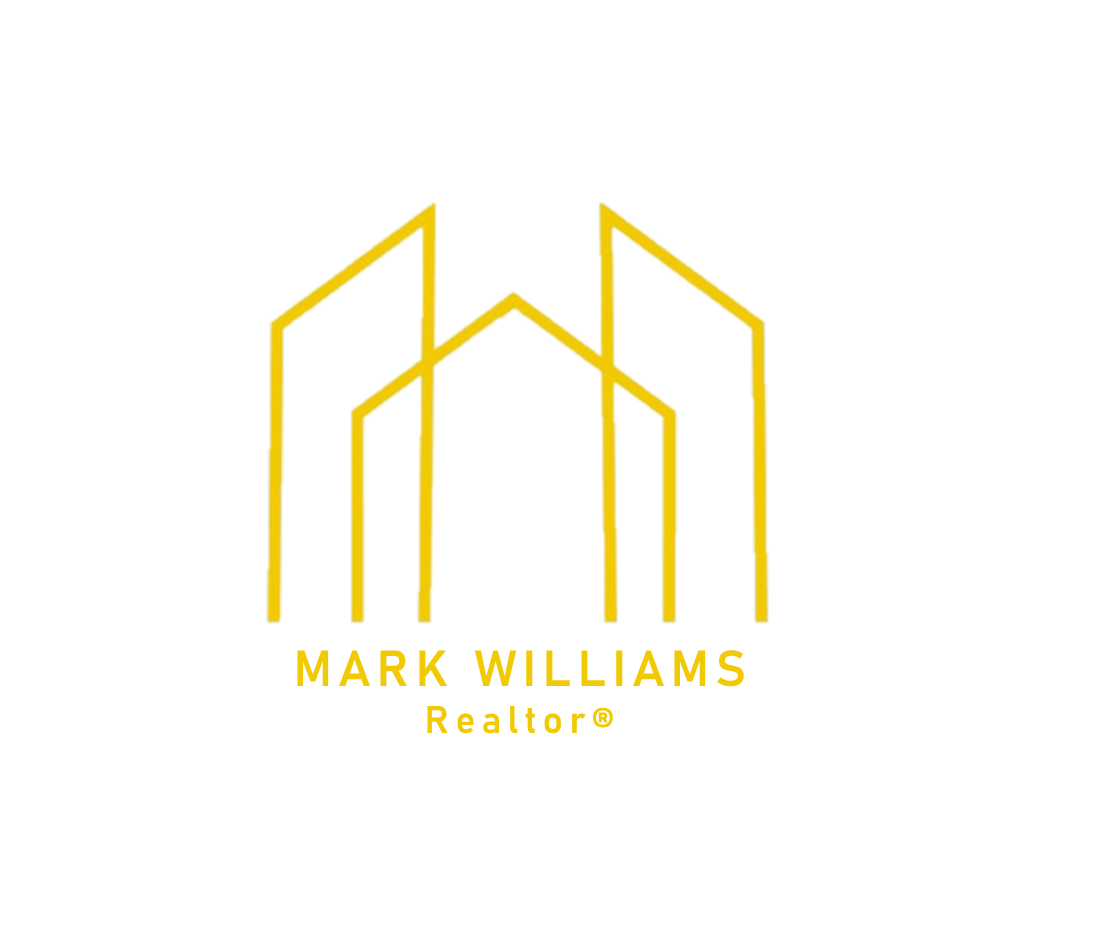Choosing Tenants: A Guide For Windsor’s Landlords
Your Guide to Running a Profitable Multifamily Property in Windsor
Welcome to our Windsor Multifamily Real Estate Series—your go-to resource for unlocking the financial potential of multifamily homeownership right here in Windsor, Ontario.
In this installment, we're diving into something that stops many would-be investors in their tracks: how to successfully run a multifamily property. If you’ve ever thought about buying a duplex, triplex, or fourplex to generate rental income or boost your mortgage approval, you're not alone. More and more Windsor families are exploring this powerful path to financial growth—but few know where to begin.
Most new buyers don’t have a landlord in their circle to show them the ropes. That’s where we come in.
This blog—and the full series—is designed to guide future Windsor landlords with clear, practical steps to turn your multifamily property into a smart, income-generating investment. From understanding tenant management and budgeting to maximizing cash flow and keeping your property in good shape, we’ll cover everything you need to build confidence and avoid costly mistakes.
👉 Already curious about financing, budgeting, and renovations? Be sure to check out our other blogs.
Stay tuned—by the end of this series, you’ll have the knowledge you need to step into property ownership with confidence and clarity.
Finding The Right Tenants Is Key To Profitability & Easy
Management
Tenants make or break a multifamily. A good tenant will pay their rent on time without complaints or nearly any maintenance calls, potentially for decades.
A bad tenant who knows how to abuse the system may not ever pay their rent, and live in your building for months, breaking things, while you struggle to evict them.
The key is knowing about who the tenant is before they sign the lease and move in. You must have a screening process that you follow, with no exceptions. This is called doing your due diligence.
Many landlords target particular kinds of tenants that are often thought to be high quality. These often targeted groups include senior citizens, university students, and even people on social assistance. These groups are likely to have the money needed to pay rent every month for various reasons. As an added perk, in some cases social assistance will pay landlords directly. In that situation, it is unlikely your rent will ever go unpaid from that tenant.
The major things you need during the due diligence process are:
Copies of their identification
References from their last landlord or their work or school
Proof of income (employment, OSAP, WSIB, social security, social assistance etc)
Credit check: see if they often fail to pay their bills
Google & Social Media Check: see if you can find them in the local news for doing illegal things, or on social media doing destructive things
Ontario Standard Lease Agreement signed (Final Step)
If this is still sounding like a big task to you, there is another option. A Realtor® such as myself can take over this job for you, for a fee. Then a real estate professional would be in charge of finding, choosing and dealing with your tenants.
If you advertise for high quality tenants, like graduate students, do your due diligence, and provide decent accommodations, you should not regularly have problem tenants operating a multifamily. There is one major exception to this however.
Inheriting Bad Tenants
As discussed in our last blog, you must normally keep the tenants currently in the multifamily to qualify for a mortgage on the property at purchase time. That means you are inheriting a whole slate of tenants you did not choose, and who may not have passed your due diligence process had you been involved at the time.
If you are planning to move into one of the units yourself, there is an expedited process for eviction of the unit you as the owner wish to live in. This process can also be used to get a close family member an apartment to live in. It is also a good way to remove the tenant you think will be the biggest problem, by moving into their unit. You might also take the opportunity to renovate that unit as well during the transition or while you live in it.
Some people may use this tactic to work through every unit in the building over the several years after purchase. This slowly removes the old tenants, replacing them with new properly vetted tenants at a higher rent, without causing a serious financial shock or breaking the terms of a mortgage. Users of this method beware: tribunals may find this abusive if you move too quickly and they come to think you or your family member are not actually living in the specified unit.
If you or a family member are not planning on moving into any of the multifamily units, eviction is a much more difficult process, which we will outline next.
Evicting Bad Tenants The Usual Way
Landlords often believe they are able to evict a tenant at the drop of a hat. Unfortunately for landlords in Canada, that is not the case. Landlords must follow the Rules and Guidelines for eviction as set out by the Landlord and Tenant Board and Residential Tenancies Act. The first step is filing notices. Sometimes offering ‘key money’ with your notices will entice a tenant to leave when requested, but not always. ‘Key money’ is a cash payment from the landlord to the tenant for leaving as requested and handing over the keys at the time they leave.
If the notices are not followed by the tenant then the landlord must make an application to the Landlord Tenant Board. At that time the tenant may commence a counterclaim. Evidence will be presented, and then a decision reached by the board. Finally, the sheriff will be required to actually enforce the eviction.
This is a lengthy process that can take months. If you lose the case you may also be required to pay some type of award to the tenant. This is especially likely if you have done anything vindictive or illegal to try to muscle out the tenant. Actions like turning off utilities or breaking in to remove their stuff are not allowed during landlord tenant disputes.
Speak To A Real Estate Professional For Multifamily Advice
If you have ever thought about purchasing a multifamily home, call me now to talk about it at 519-300-6464. I can give you advice about the marketplace, choosing tenants and how to deal with maintenance issues.




